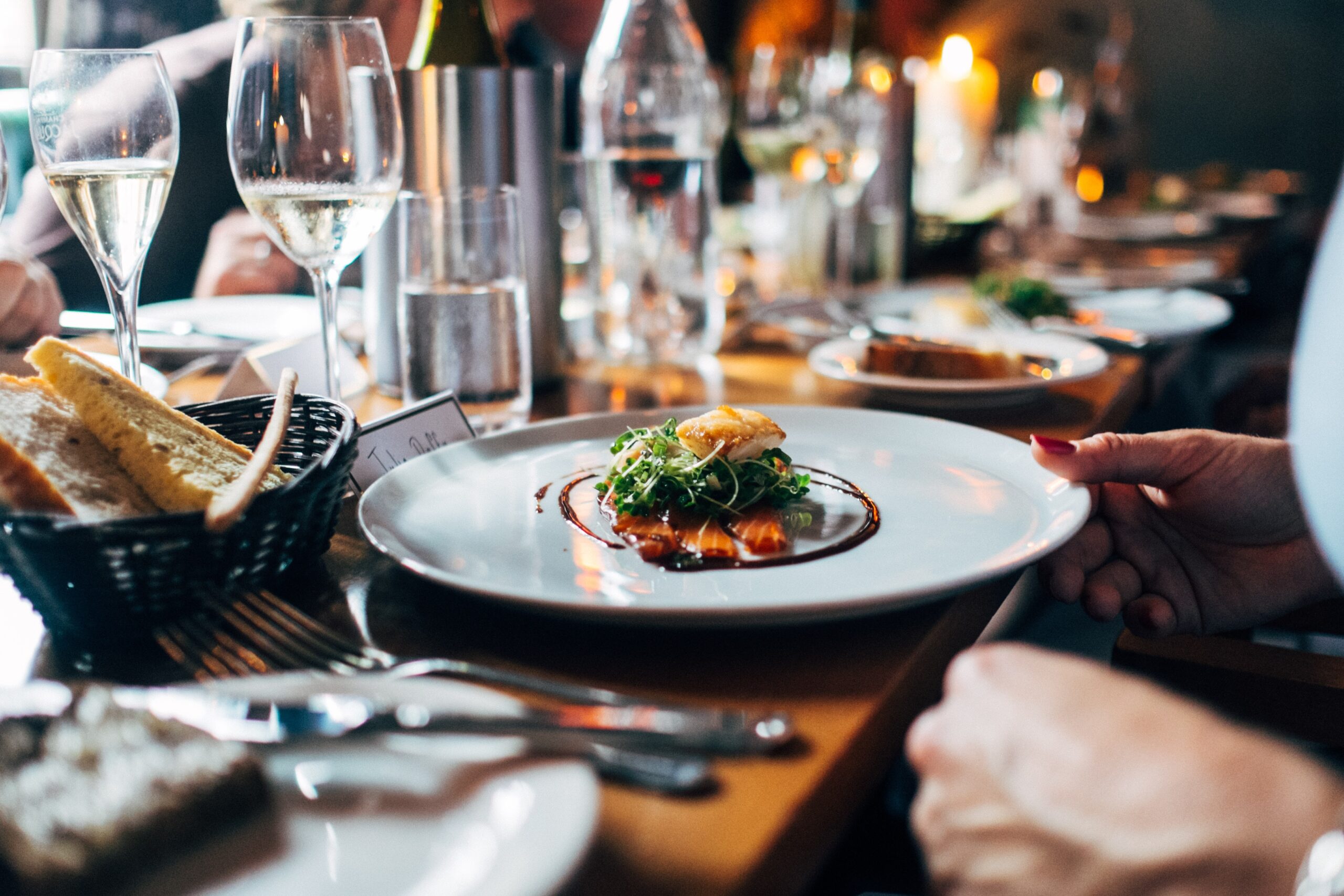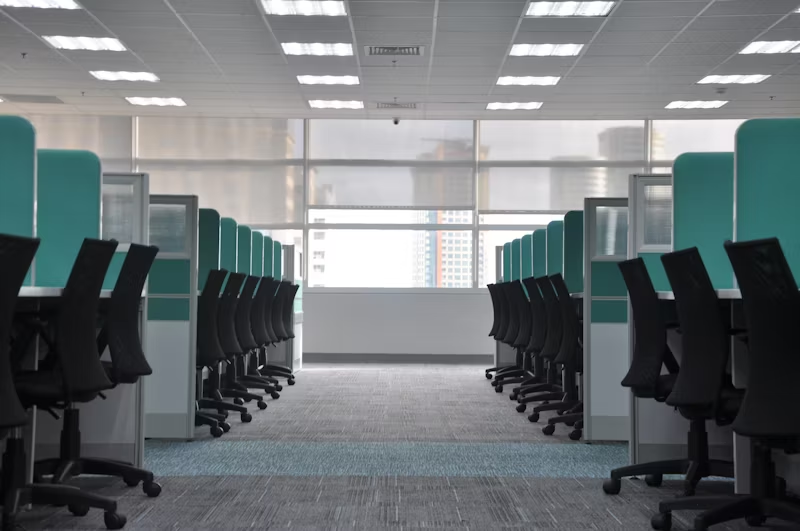Running a restaurant is a complex and challenging task that requires careful attention to detail. One of the most critical aspects of operating a successful restaurant is maintaining safety for both customers and employees. That’s why Coterie Insurance recommends sharing our Restaurant Safety Checklist with your restaurant insurance clients. The comprehensive checklist covers several factors that, if addressed, can significantly reduce incidents that can result in claims:
- Building Exterior: The exterior of a restaurant is the first impression customers get. Therefore, restaurant owners should ensure that the exterior of their building is safe and well-maintained. This includes proper lighting, non-slip walkways, and proper signage. Additionally, regular inspections and maintenance of the building structure, such as roofing and siding, can help prevent accidents and injuries.
- Building Interior: The interior of a restaurant should also be safe and well-maintained. Proper lighting, non-slip flooring, and clear pathways are essential to prevent accidents and injuries. Regular inspections and maintenance of interior structures, such as ceilings and walls, can also help prevent accidents and ensure a safe environment.
- Chemical Safety: Restaurants use a variety of chemicals, including cleaning products, pesticides, and food additives. Proper storage, handling, and disposal of these chemicals is essential to prevent accidents and injuries. This includes providing appropriate PPE, such as gloves and eye protection, and ensuring that employees are properly trained on safe handling procedures.
- Fire Prevention and Life Safety: Fire prevention and life safety are essential to protect customers and employees. This includes ensuring that all fire safety equipment is in good working condition, such as fire alarms and sprinkler systems. Additionally, regular inspections and maintenance of electrical and gas equipment can help prevent fires from starting in the first place.
- Storage Rooms/Walk-in Coolers and Freezers: Storage rooms, walk-in coolers, and freezers are essential components of any restaurant. Proper storage and handling of food items is essential to prevent foodborne illnesses. Additionally, these areas should be well-maintained and free from hazards, such as wet floors or loose shelving.
- Material Handling: Material handling involves moving heavy objects, such as food deliveries or equipment. Proper training and use of equipment, such as hand trucks or dollies, can help prevent injuries. Additionally, regular inspections and maintenance of equipment can help prevent accidents.
- Ladders and Stepladders: Ladders and stepladders are commonly used in restaurants for tasks such as changing light bulbs or accessing storage areas. Proper training on ladder safety and regular inspections of ladders and stepladders can help prevent accidents.
- Floors and Walking Surfaces: Slips, trips, and falls are a common cause of accidents in restaurants. Proper maintenance of flooring and walking surfaces, such as keeping them dry and free from hazards, can help prevent accidents.
- Equipment/Appliance Safety: Equipment and appliances, such as ovens and fryers, are essential components of any restaurant. Proper maintenance and use of this equipment can help prevent accidents and injuries. Additionally, providing appropriate PPE, such as oven mitts or hot pads, can help prevent burns.
- Food Handling: Proper food handling is key to prevent foodborne illnesses. This includes proper storage, preparation, and serving of food. Additionally, proper hygiene practices, such as frequent handwashing and the use of gloves when handling food, can help prevent the spread of illness.
- Garbage Storage and Disposal: Proper storage and disposal of garbage is important to prevent the spread of illness and attract pests. Garbage should be stored in closed containers and regularly disposed of.
- Pest Control: Pest control is essential to prevent the spread of illness and damage to the restaurant’s reputation. Regular inspections and maintenance, such as sealing cracks and crevices, can help prevent pests from entering the restaurant.
- Cleaning and Sanitizing: Proper cleaning and sanitizing of surfaces, utensils, and equipment is key to prevent the spread of illness. Additionally, regular cleaning and maintenance of equipment can help prevent accidents and ensure a safe environment.
Maintaining safety in a restaurant is essential to protect the health and well-being of customers and employees, as well as to prevent potential insurance claims, legal, and financial consequences. By reviewing the checklist regularly, restaurant owners can ensure that their restaurant is a safe and enjoyable place for everyone. A safe restaurant is not only good for customers and employees but also for the reputation and long-term success of the business. Curious about what types of restaurants you can write with Coterie? Learn more today!





